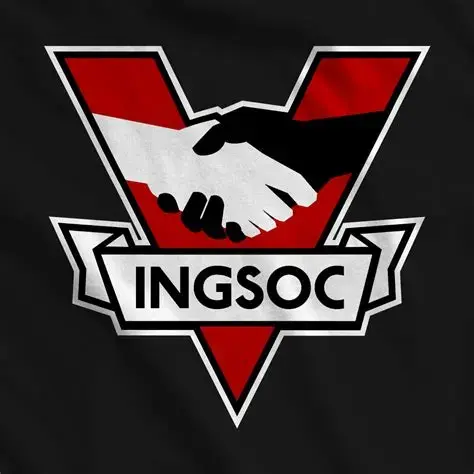The Japanese chair of the Center for Strategic and International Studies (CSIS) has come out with a report calling for the US and Japan to team up on “combating disinformation.”
Christopher B. Johnstone also wants the two countries to engage in several censorship techniques, such as removing content (“false narratives” – regular censorship) but also a considerably more dystopian one known as “prebunking.”
That would be, suppressing narratives by revealing them as “misinformation” before they become public, thus eroding the very perception of their trustworthiness, while equating this as introducing “mental antibodies” into a population, and other outlandish language has been used in the past to justify the tactic.
CSIS mentions in a press release announcing the report that Johnstone had a meeting with Japanese Ministry of Foreign Affairs Director of Public Diplomacy Strategy Division Hideaki Ishii, “to discuss how the United States and Japan can cooperate to address this critical challenge” (namely, combating “disinformation”).
Not for nothing – CSIS is not your run-of-the-mill nonprofit, and access to government structures in other countries is not surprising, given its origins and image as one of those think tanks that have an oversized influence on US foreign policy.
Now, CSIS wants Japan and the US to tackle “information operations” such as (real or labeled as such) disinformation threats. The report seeks to establish an agenda to increase this collaboration and mentions that the paper includes “the results of a closed-door conference held at CSIS in February” – attended by “experts” from both countries.
The part of the report that addresses strategies to counter the threat, defined by CSIS, includes public education and media literacy, AI (as a tool of censorship – but without failing to mention the same tech as supposedly a grave threat to democracies when it’s used to create deepfakes).
Another thing CSIS likes is “fact-checking” (while critical of Japan as being “somewhat late” to this particular game), as well as debunking.
And then, there’s “prebunking” which CSIS chooses to describe as a method that proactively issues “forewarnings” and also “preemptively refutes false narratives.”
Coming back to Earth a little bit, so to speak – in terms of championing more conventional information control tools, the CSIS strategy lastly mentions “labeling, transparency, and risk monitoring.”
Reclaim The Net Media Bias Fact Check assessment:
Overall, we rate Reclaim The Net as Right-Biased based on story selection and editorial positions that align with a conservative perspective. We also rate them Mixed for factual reporting due to poor sourcing, lack of transparency, and one-sided biased reporting.



